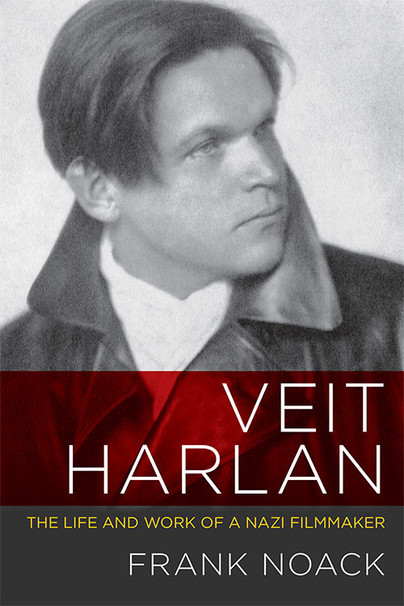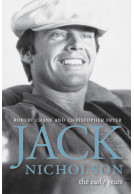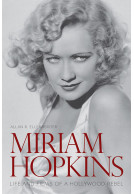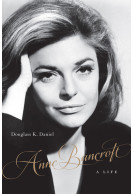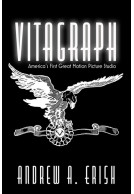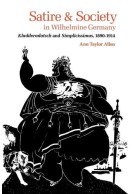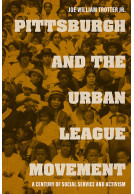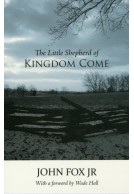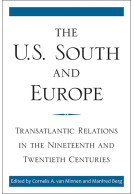Google Books previews are unavailable because you have chosen to turn off third party cookies for enhanced content. Visit our cookies page to review your cookie settings.
Veit Harlan (Hardback)
The Life and Work of a Nazi Filmmaker
Imprint: University Press of Kentucky
Series: Screen Classics
Pages: 496
Illustrations: 50 b&w photos
ISBN: 9780813167008
Published: 8th April 2016
Script Academic & Professional
Series: Screen Classics
Pages: 496
Illustrations: 50 b&w photos
ISBN: 9780813167008
Published: 8th April 2016
Script Academic & Professional
This book will be reprinted and your order will be released in due course.
You'll be £36.00 closer to your next £10.00 credit when you purchase Veit Harlan. What's this?
+£4.99 UK Delivery or free UK delivery if order is over £40
(click here for international delivery rates)
Order within the next 2 hours, 6 minutes to get your order processed the next working day!
Need a currency converter? Check XE.com for live rates
(click here for international delivery rates)
Order within the next 2 hours, 6 minutes to get your order processed the next working day!
Need a currency converter? Check XE.com for live rates
Veit Harlan (1899--1964) was one of Germany's most controversial and loathed directors. After studying with theatre and film pioneer Max Reinhardt and beginning a promising career, he became one of Joseph Goebbels's leading filmmakers under the National Socialist regime. Harlan's Jud Süss ( Jew Suss, 1940), in particular, stands as one of the most artistically distinct and morally reprehensible films produced by the Third Reich. His involvement with this movie has led to many critical questions: Was the director truly forced to make the film under penalty of death? Is anti-Semitism a theme in his other productions? Can and should his work be studied in light of the horrors of Nazism and the Holocaust?
The first English-language biography of the notorious director, Veit Harlan presents an in-depth portrait of the man who is arguably the only Nazi filmmaker with a distinct authorial style and body of work. Author Frank Noack reveals that both Harlan's life and work were marked by creative vision, startling ambiguities, and deep moral flaws. His meticulously detailed study explores the director's influence on German cinema and places his work within the contexts of World War II and film history as a whole.
Rivaled only by Leni Riefenstahl, Veit Harlan remains one of Germany's most infamous filmmakers, and virtually every book on Nazi cinema contains at least one chapter about Harlan or an analysis of one of his movies. This biography -- supplemented by production histories and rare interviews with actors, actresses, and cameramen -- offers the first comprehensive analysis of the director and his work and adds new perspective to the growing body of scholarship on filmmaking under the Third Reich.
Other titles in the series...
Other titles in University Press of Kentucky...







